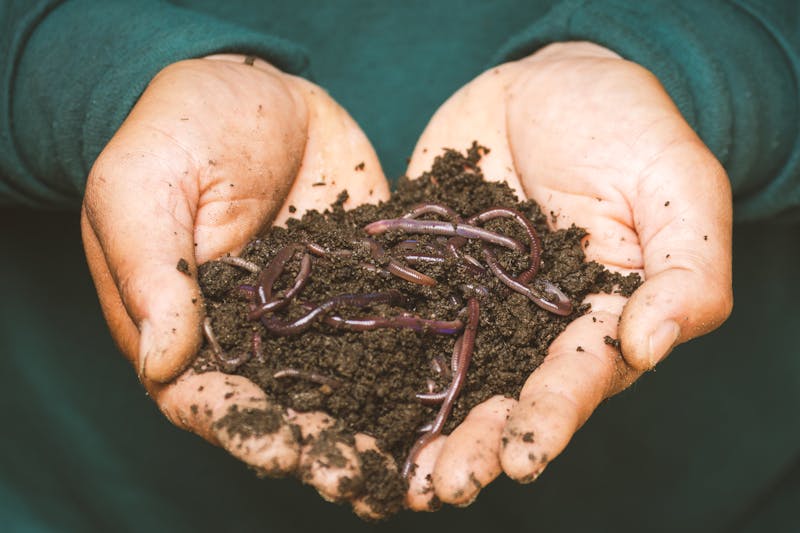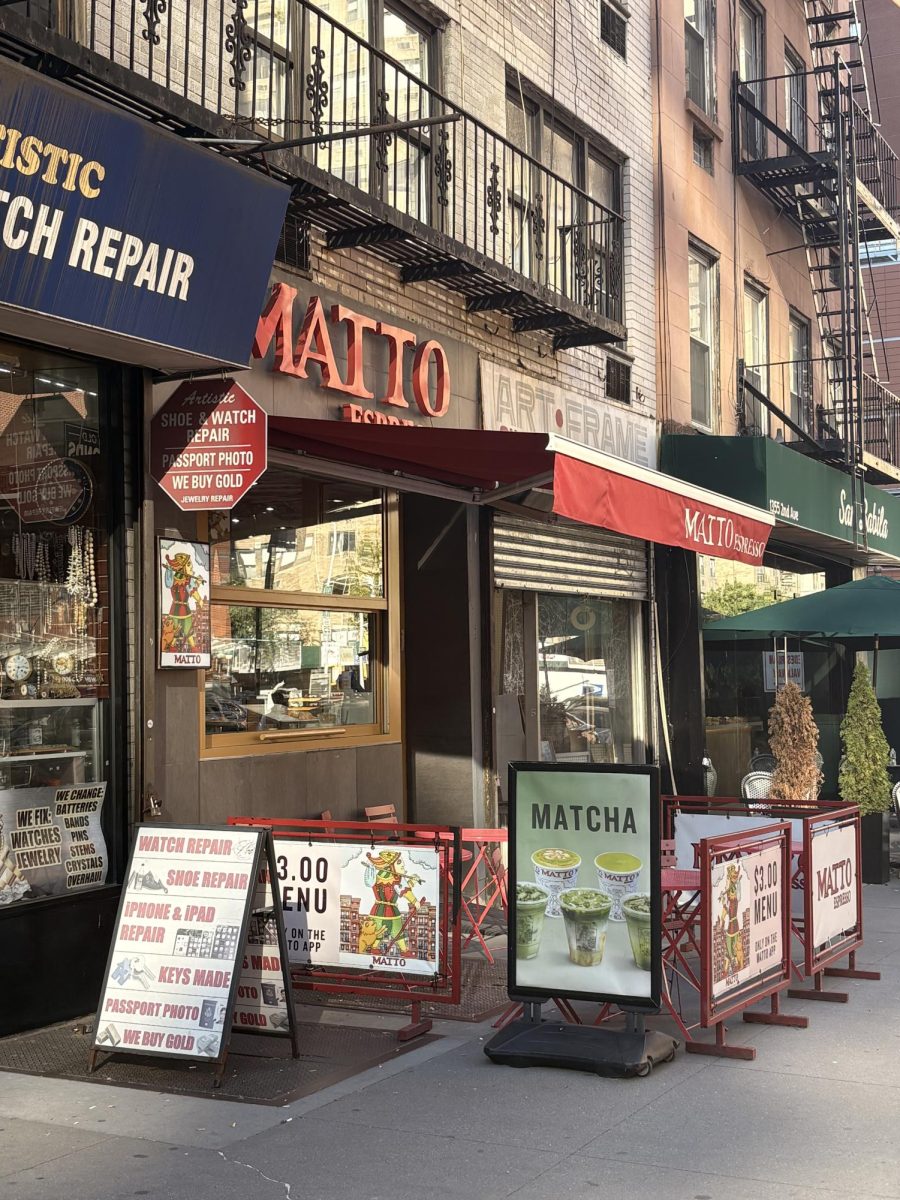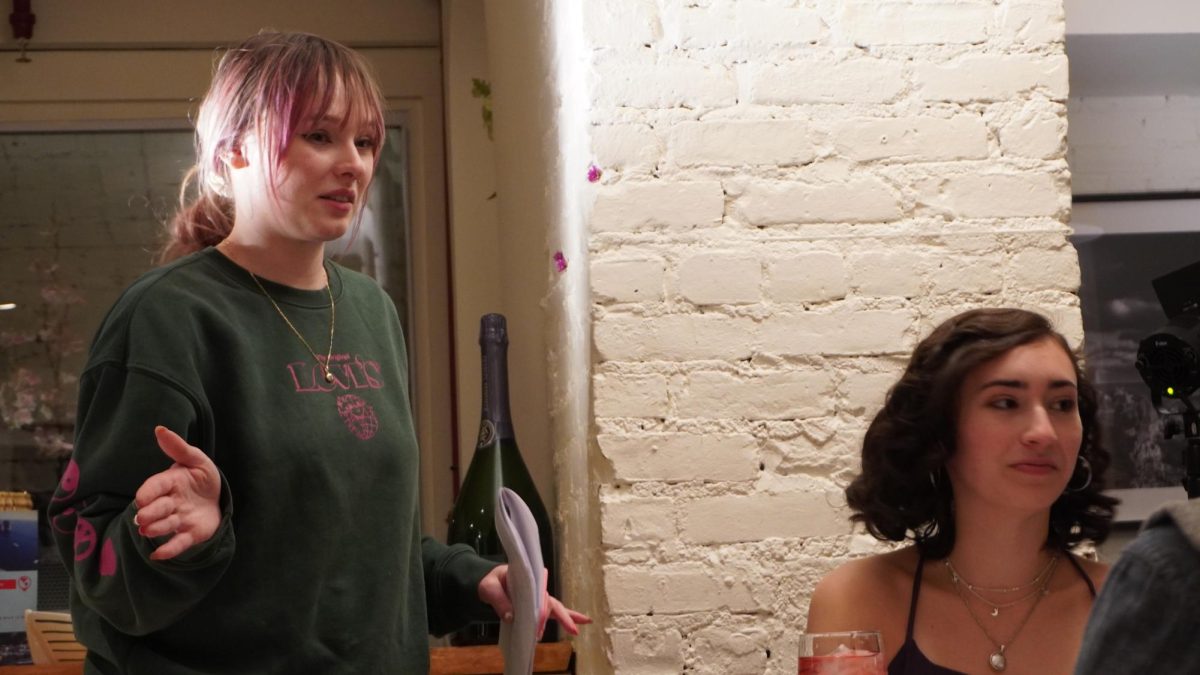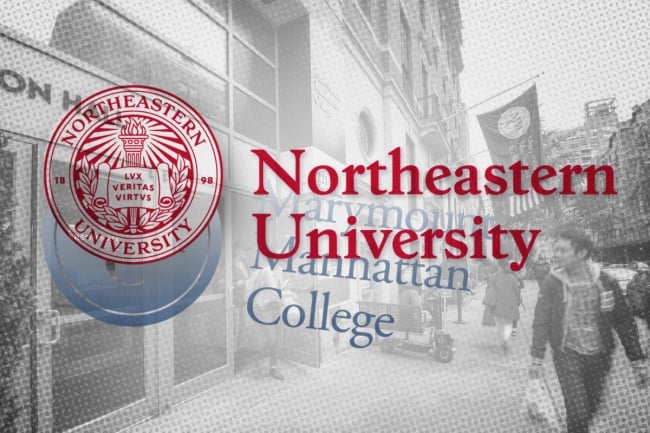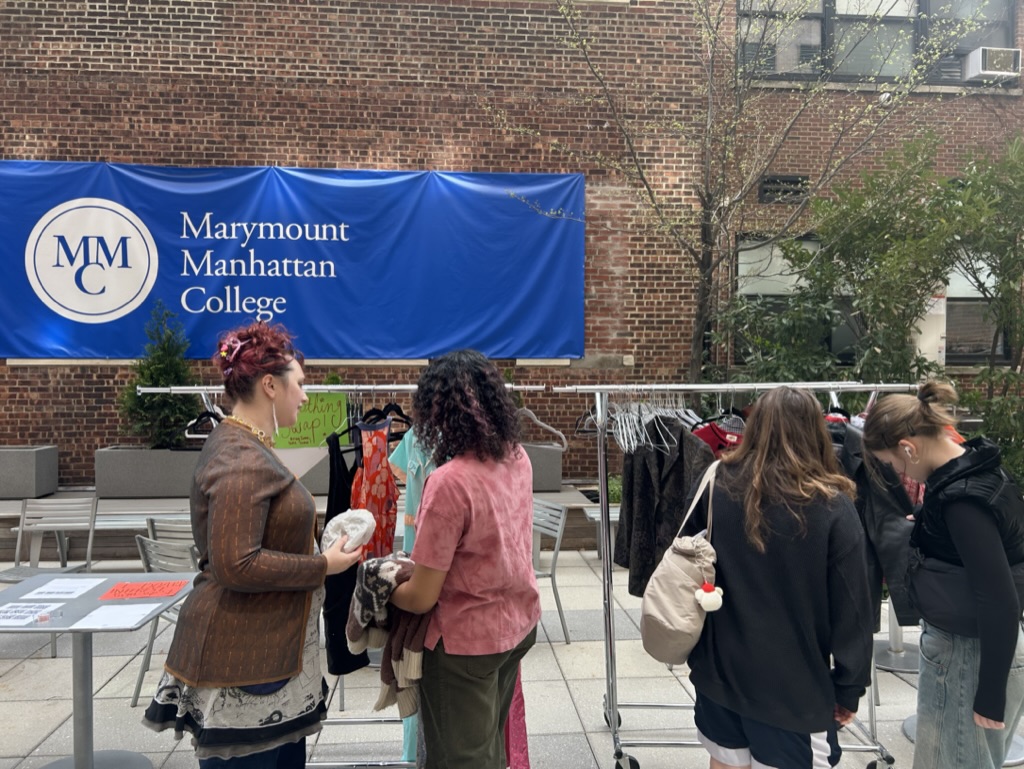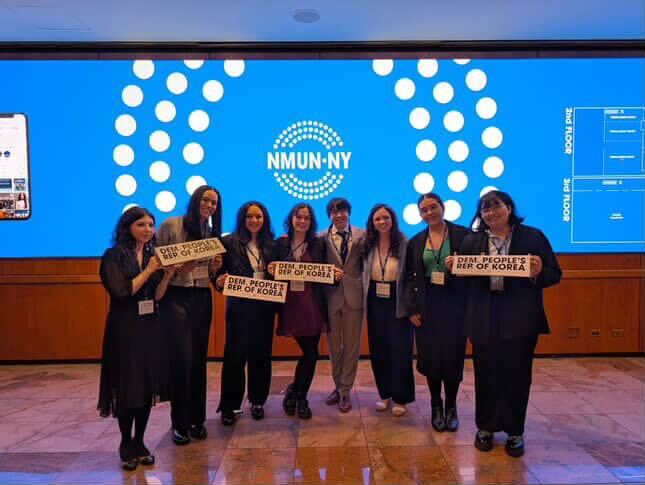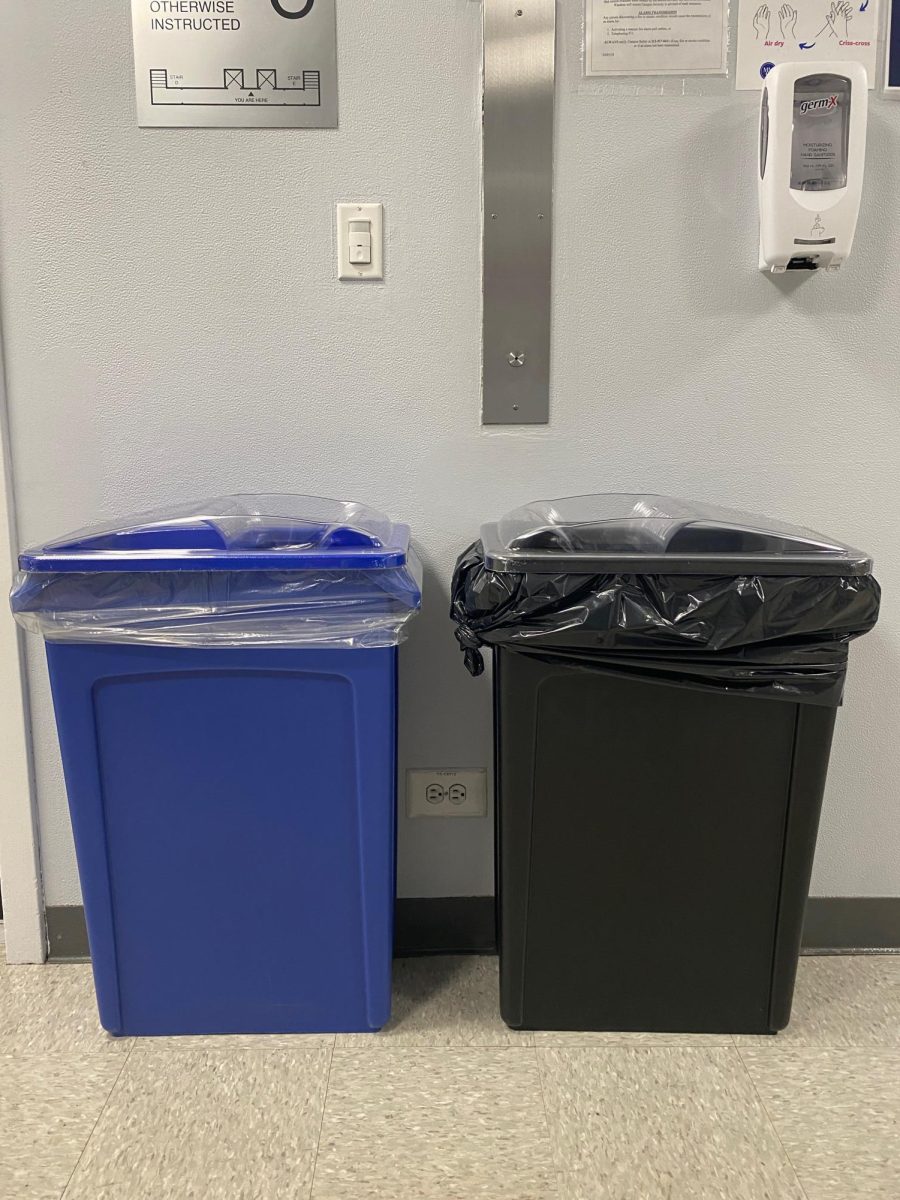New Yorkers see trash every day. Whether it’s strewn on the sidewalk or crammed into plastic bags precariously shoved in any crack, crevice, or haphazard heap available. But a newly city-wide accessible and free form of alternate waste has arrived: composting.
On October 6, the New York City Department of Sanitation (DSNY) announced the opening of a new compost distribution site, enabling the introduction of the nation’s largest and simplest curbside composting to all New York City residents. No specific bins or sign-ups are required; materials can simply be left in a sealed bin on recycling day for collection.
Vincent Gragnani, Press Secretary of the Bureau of Public Affairs for DSNY shared the city’s expectations with compost’s new accessibility in an email to The Monitor.
“Separation of compost from the trash is now mandatory citywide, and we will begin enforcement in April 2025,” said Gragnani.
But what is compost, and how should New Yorkers differentiate it from trash?
Compost is anything that you can cook or grow— food scraps, yard waste, food-soiled paper, meat, bones, dairy, cooked food, tea bags, coffee filters, and more. The only things to leave out are any kind of pet waste, medical waste, hygiene products, or recyclables.
“Compostable items comprise one-third of all the trash New Yorkers throw away,” said Grgnani, “Separating this material from trash and putting it in a sealed bin keeps our neighborhoods clean while reducing the amount of waste sent to landfills, where it would otherwise create harmful methane gas.”
Instead of letting banana peels and coffee-spilled paper end up in a Jenga pile of plastic trash bags on the sidewalk, composting provides food waste with a chance to transform into renewable energy. Most NYC compost is taken to facilities in Staten Island, and, most recently, to a site in Greenpoint that opened over the summer. There, the material is taken either to anaerobic digesters and turned into renewable energy and fertilizer or to compost facilities, where it is turned into finished compost for parks and gardens.
“Our Staten Island Compost Facility … has produced about 42 million pounds of finished compost per year over the last several years,” said Gragnani, “Historically, about 60% of the finished compost is sold to landscapers, and 40% is given away to community groups, parks, residents, etc.”
For busy college students in NYC, composting can fall to the back burner, but there are many resources that help simplify the process. Small composting bins can help store food scraps, and there are roughly 400 Smart Composting Bins across the city, accessible 24 hours a day, 7 days a week using the free NYC Compost app.
Next step: composting on campus!
You can find more information at nyc.gov/curbsidecomposting.

